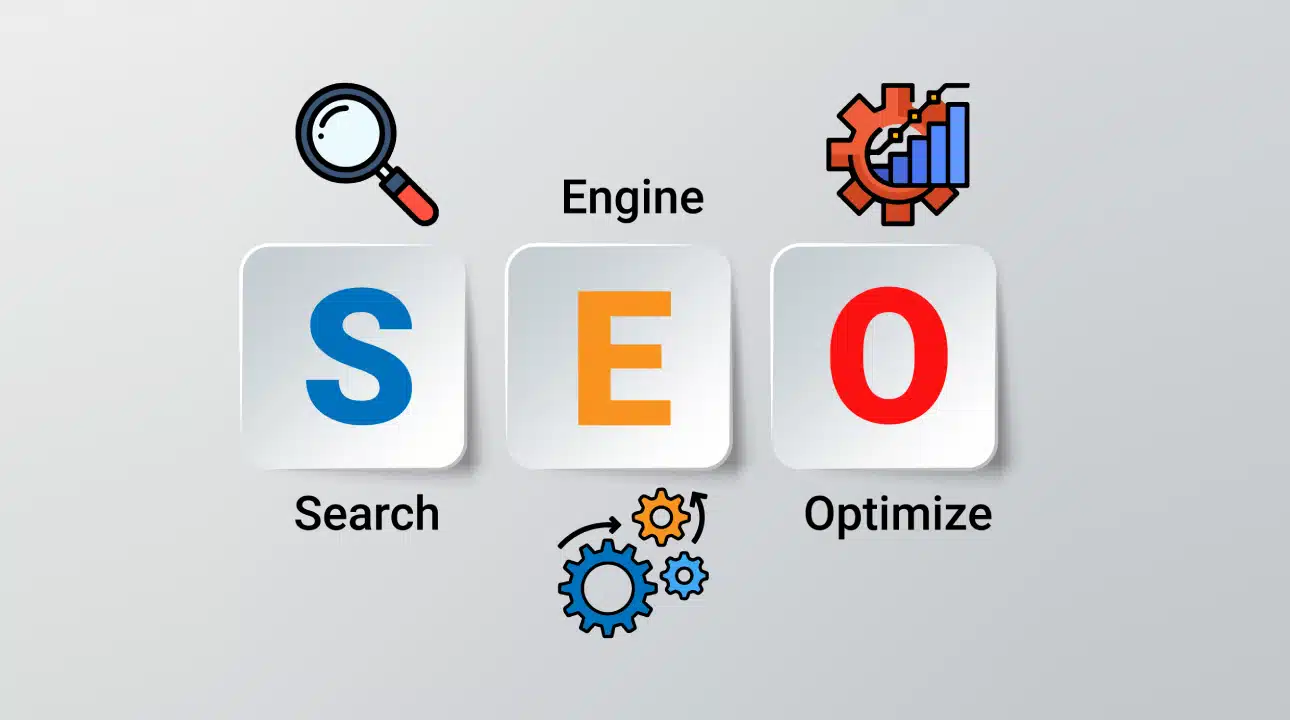If you take up an SEO course, you will acquire a mix of theoretical knowledge and practical skills to optimize websites and boost their visibility on search engines. Here’s a detailed overview of what you will learn:
1. Fundamentals of SEO
- What is SEO and why it is important?
- How search engines work (crawling, indexing, and ranking).
- Key SEO terms and concepts (SERPs, keywords, backlinks, etc.).
- The difference between On-Page, Off-Page, and Technical SEO.
2. Keyword Research and Implementation
- Understanding search intent (navigational, transactional, informational).
- How to find the right keywords for your niche using tools like Google Keyword Planner, SEMrush, and Ahrefs.
- Analyzing competitor keywords.
- Implementing keywords effectively in content, metadata, and URLs.
3. On-Page SEO Optimization
- Writing effective title tags and meta descriptions.
- Structuring content with headings (H1, H2, etc.).
- Optimizing images with alt text and proper file formats.
- Internal linking strategies for better site navigation.
- Enhancing website usability for search engines and users.
4. Technical SEO
- Improving website loading speed and performance.
- Ensuring mobile-friendliness and responsive design.
- Creating and optimizing XML sitemaps and robots.txt files.
- Fixing crawl errors and broken links.
- Understanding structured data and schema markup.
5. Off-Page SEO and Link Building
- The importance of backlinks and how they work.
- Strategies for earning high-quality backlinks.
- Identifying and disavowing harmful backlinks.
- Promoting content through guest posting and social sharing.
6. Content Marketing for SEO
- Writing high-quality, SEO-friendly content.
- Understanding the role of storytelling and engagement.
- Creating evergreen and shareable content.
- Using blogs, videos, and infographics to boost traffic.
7. Local SEO
- Optimizing for local search queries.
- Setting up and managing Google My Business.
- Building local citations and managing online reviews.
- Targeting location-based keywords.
8. SEO Tools and Analytics
- How to use tools like Google Analytics, Google Search Console, SEMrush, Ahrefs, and Screaming Frog.
- Setting up and tracking SEO performance metrics (traffic, bounce rates, conversions).
- Interpreting reports and dashboards to make data-driven decisions.
- Using heatmaps and behavior tracking tools.
9. Advanced SEO Strategies
- Optimizing for voice search and AI-powered search engines.
- Core Web Vitals and user experience signals.
- Video SEO: Optimizing YouTube and other video content.
- SEO for e-commerce websites (product pages, structured data, etc.).
10. SEO for Different Industries
- B2B SEO strategies.
- E-commerce SEO for online stores.
- Local SEO for small businesses.
- Enterprise-level SEO for large websites.
11. Staying Ahead of SEO Trends
- How to keep up with Google algorithm updates (e.g., Panda, Penguin, Core Updates).
- Adapting to new technologies like AI and ChatGPT in SEO.
- Leveraging emerging search trends like visual and voice search.
12. Practical Applications
- Conducting full SEO audits.
- Creating and implementing an SEO strategy.
- Tracking and optimizing campaigns for better results.
- Case studies and real-world projects to apply your skills.
By the end of the course, you’ll be equipped to:
- Analyze and improve website performance.
- Rank websites higher on search engines for targeted keywords.
- Drive more organic traffic and conversions.
- Develop an effective SEO strategy for various industries and platforms.
